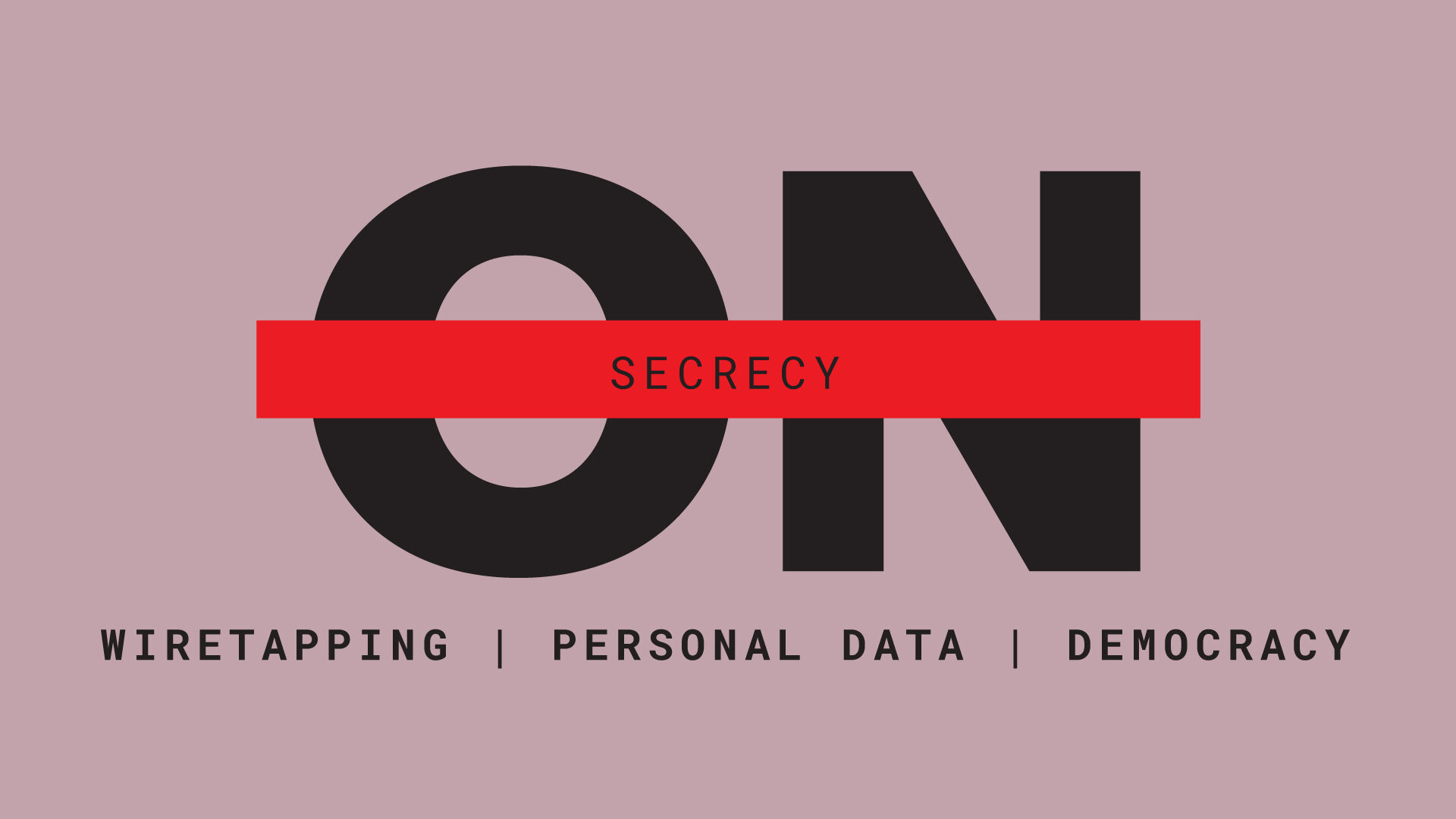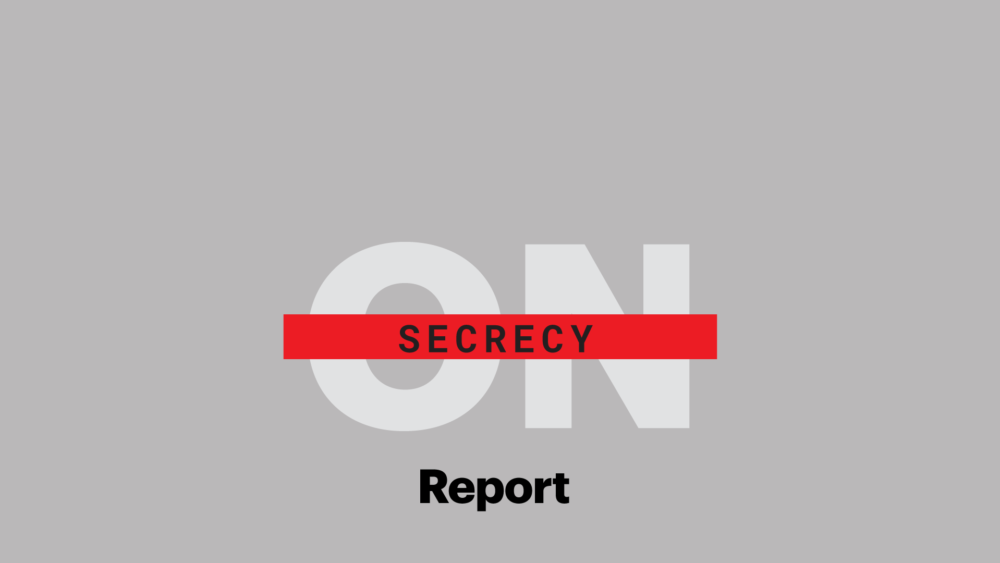
Wiretapping and the rule of law: Democracy matters
Eteron – Institute for Research and Social Change has decided to work on the issues of wiretapping, of the privacy of communications and personal information, as a stepping stone to the deeper problems regarding the violations of the rule of law in Greece, which cumulatively work against democracy in the country.
The driving force behind this decision is, as expected, the wiretapping case that sprung up from a bed of pre-existing democratic deficiencies, due either to specific and directly related political decisions or to systemic problems.
This issue is of high interest for an Institute like Eteron, mostly as this case that has attracted the public’s attention, becomes key for wider issues: the way public discourse operates, the value of the dialogue, the rule of law, accountability, transparency and all relevant proposals regarding the required institutional upgrades. All, pillars of great importance in order for democracy to be operational.
Why is it important to discuss the wiretapping case?
Since August, the public discourse in Greece has entered a new dimension. The disclosures on the wiretapping of journalists’ and politicians’ phones that the greek investigative journalism managed to bring to the public’s attention through a series of publication since the start of 2022, shifted the tectonic plates of the political chess game, steered the emotions of the public, but first and foremost highlighted the importance of privacy and the confidentiality of communications and personal data, as a central pillar of the rule of law.
The role of the National Intelligence Service, through the “classical” method of wiretapping phones, combined with the private providers of wiretapping services, using illegal software that transform mobile phones into tools that can monitor the owner’s private life, have created a dystopian setting of ceaseless spying on persons of public interest.
In turn, the wiretapping case has led the public debate to a series of crucial questions:
- How much is the privacy and confidentiality of communications threatened in a state of numerous and absolutely intransparent monitorings?
- Is “national security” used too much as an excuse for such practices?
- Which are the accountability and transparency mechanisms of secret services and, in the end, to whom are they required to be accountable in a democratic state?
- Which are the limits of “secrecy” when it comes to the operations of secret services and is this “secrecy” the only one protected so jealously, so to prevent full accountability?
- What is happening with the undisclosed contracts the public signs with private companies for reasons of “national security”? Do they continue to be under secrecy and accountability, even when they harbor scandals?
- How is democracy aimed to operate when spying on politicians and journalists is presented as a “common practice” or at best a “mistake”?
The development of surveillance technologies and the “public private partnerships” in this sector demand, on the one hand democratic vigilance and on the other hand an institutional and monitoring framework capable to keep up with the evolution of technology, providing the relevant authorities with the ability to monitor, document and control such types of practices, restoring transparency and making anyone that uses such practices accountable.
As already and rightfully stated, the wiretapping scandal cannot be approached as business as usual. It stains the heart of the rule of law and furthermore democracy itself.
Why is it important though to have discussions on the rule of law and democracy?
In recent days there is a constant rehashing of the argument that it is a luxury to discuss the wiretapping case. From exhortations of the type “this issue interests no one”, to more politically “justified” approaches, claiming indirectly that under conditions of an energy crisis and price appreciation, engagement with issues regarding the rule of law are elitist, there is a constellation of -explicit and implicit – arguments being formed, aiming to degrade the wiretapping issue and as a consequence the importance of the rule of law.
But, defending the rule of law cannot be seen as a contrasting political priority when compared with other issues, however important they are, however much more they affect in a material way the everyday life of the people. Because the rule of law, as defined by the constitution of our country and as they accrue from the international conventions that Greece has ratified, when approached beyond formalities, they determine the rules and the context inside of which the political debates, regarding any other issue, take place.
Without the required respect, the meaningful recognition of rights and obligations that in the end constitute the rule of law, any political or social dispute will happen without rules, setting booby traps to democracy, but also educating society to confrontations that have no boundaries and are defined by the “law of the strongest”.
To make this argument as clear as possible, let’s use the example highlighted as the most crucial topic of discussion and has to do with the energy crisis and price appreciation. Without respecting the rule of law how can we have a political and societal discussion regarding the energy crisis? Without proper transparency and accountability how will society be properly informed on the doings of the government of the day, if the government favors someone, or treats someone unfairly or, in the end, who is the one that will shoulder the bill? Without pluralistic mass media how can civilians form an opinion? Without protecting the rights of protest, of assembly and of freedom of speech, how can someone that has a different opinion express him or her self?
Evenmore, without respecting the privacy of communications (especially those of politicians and journalists, without discrediting the universality of the right to privacy), how can we even think of meaningful public debates on crucial issues?
The devaluation of the rule of law compared to other crucial social, political and economic issues is like a coach preparing his/her team for the match, setting up the necessary strategy, deciding on different scenarios and making the necessary analysis, while the field is always inclined upwards for his/her team, so all preparation in the end is fruitless. In order to secure a level playing field that is a prerequisite for any debate and policy that affects civilians and their lives, we have to fight for it and put the necessary pressure where it is needed.



